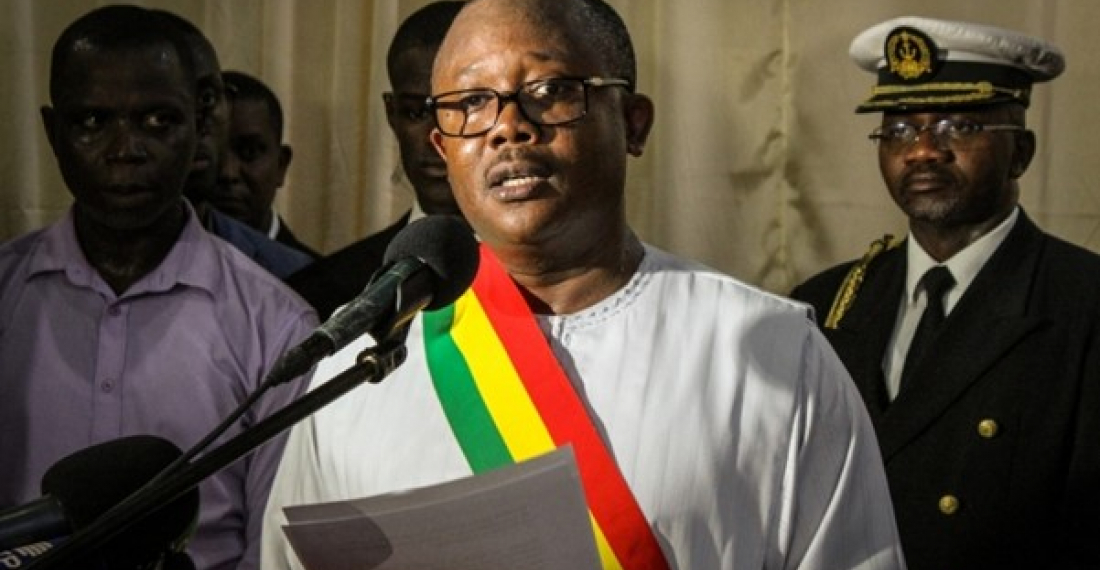- Armenia-Azerbaijan Strategic Expert Platform: Members emphasise the importance of the present moment for the South Caucasus and call for the momentum to be used for the long-term peace and prosperity of the region
- Thursday Interview: Dr. Anar Valiyev
- Food insecurity in Somalia has nearly doubled in the past year
- Türkiye evaluating potential measures in case of a US-Iran conflict
- European Parliament reaffirms support for Ukraine and EU Path
- EU moves ahead with Ukraine loan preparations despite Hungarian block
President of Guinea-Bissau dissolves parliament and calls early elections, but opposition cries foul

The President of Guinea-Bissau, Umaro Sissoco Embaló, on Monday, 16 May, dissolved parliament and called early legislative elections for December 2022.
The political opposition, including the minority party in parliament, Union for Change, condemned Embalo's decision and insisted that it would not accept it.
The president justified his surprise decision citing allegations of corruption among parliamentarians, but some political observers see the dissolution of parliament as reflecting growing authoritarian tendencies within the executive.
Constitutional lawyer Jorge Miranda, who also helped draft Guinea-Bissau's constitution, declared the president's move unconstitutional, as there was no valid reason for the early dissolution. The next elections were scheduled to be held in more than two years' time, in December 2024.
The West African nation of about two million people has seen sixteen unsuccessful and four successful military coups since independence in 1974, the most recent in 2012.
Emablo, who came to power in February 2020, was the first president to be elected peacefully by ballot since 1974.
According to the United Nations Human Development Index, the country is one of the least developed countries in the world, ranking 175th out of 189 nations, as well as a hub for cocaine trafficking.
Guinea-Bissau's emergence as a narco-state dates from 2005, when long-time president João Bernardo "Nino" Vieira was re-elected after returning from six years in exile in Portugal.
Vieira - who ruled the country with an iron fist from 1980 to 1999 - let the Colombian mafia use Guinea's pristine, non-state-controlled islands as a drop-off point, before the goods were shipped to Europe.
However, President Vieira clashed with rivals in his own army a few years later, before being assassinated by his soldiers in March 2009.
Vieira's death has not stopped the proliferation of drug trafficking in the country. In April 2013, the country's naval chief, Bubo Na Tchuto, fell into a trap set by US Drug Enforcement Agency (DEA) agents, who arrested him on the high seas in international waters.
After providing information to the US authorities on the keys to trafficking in the region, he was released and returned to Guinea-Bissau.
In the same vein, the mysterious appearance of an Airbus 340 aircraft and its cargo at the airport of Bissau, in October 2020, attracted media attention, without however a connection to drug cartels having been established.








